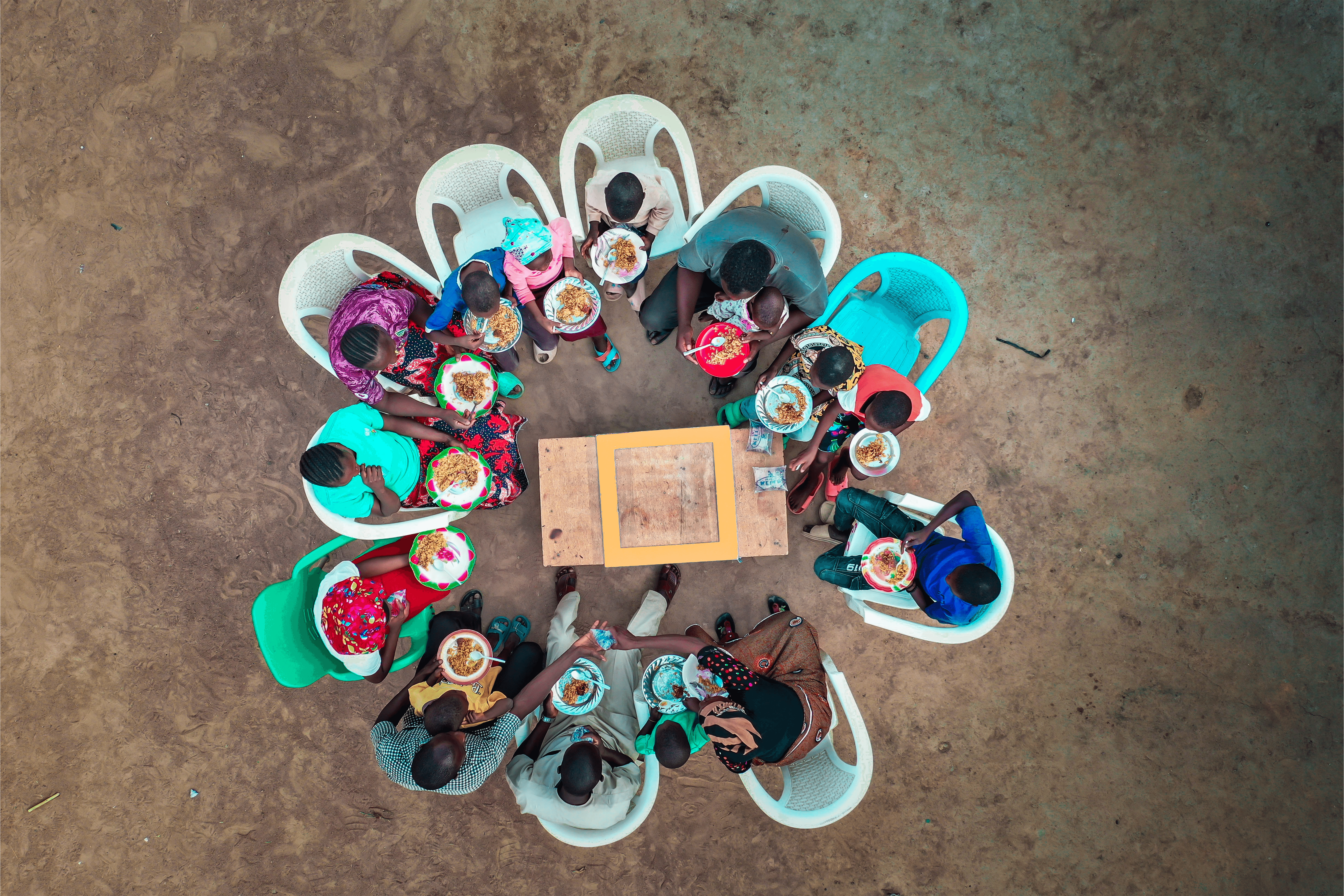Reading time:5 min read
What World Food Day 2024 “Right to Foods” Means for Africa
Every year on October 16, World Food Day serves as a global platform to raise awareness about food security, poverty, and hunger. In 2024, the theme, “Right to Foods,” centers on food as a basic human right, drawing attention to food availability, accessibility, and affordability for all. For Africa, a continent often caught in the grip of food insecurity, malnutrition, and the adverse effects of climate change, this theme is particularly significant.
What Africa’s Food report looks like:
-
More than 1 billion people remain unable to afford a healthy diet representing 78% of the population – FAO
-
• Agriculture contributes 23% of sub-Saharan Africa’s GDP and employs over 60% of its labour force.
-
Over 57 million children under five suffer from stunting (chronic malnutrition), with the highest rates in East and Central Africa.
-
45 million people across Africa face severe hunger due to conflict, climate change, and economic instability, especially in regions like the Sahel and the Horn of Africa.
-
Smallholder farmers produce 70% of Africa’s food but often operate on less than 2 hectares of land.
-
Climate change could lead to a 40% reduction in crop yields in some parts of sub-Saharan Africa by 2050.
-
Over 70% of agriculture in Africa is rain-fed, making it vulnerable to climate fluctuations.
-
More than 50% of household income is spent on food in many African countries, compared to less than 10% in higher-income nations.
-
In conflict zones, food insecurity rates are often three times higher than in non-conflict areas.
-
Youth unemployment in Africa stands at over 30%, with many young people moving away from farming to cities.
-
Women make up 50-60% of the agricultural labour force yet own less than 20% of agricultural land and have limited access to finance and resources.
-
Agri-tech startups in Africa, such as AFEX have enabled more than 1 million farmers to access credit and market information through technology-based platforms.
Right to foods for a better life and future, serves as a powerful reminder that food is a right, not a privilege. Currently, nearly 3 in 4 Africans cannot afford a healthy diet. With less than five years remaining to achieve SDG 2, the FAO estimates that Africa will need to more than double its food production by 2050 to meet rising demand. Many things are exposing African countries to a hunger crisis, including global warming, the humanitarian crises, and COVID-19 and its impact on agricultural activities and inflation. Additionally, the Russian-Ukrainian war has triggered global shocks in energy and fertilizer prices and resulted in trade disruptions.
The Right to Foods: What It Really Means to AFEX:
SDG 2: Zero Hunger – Ending hunger, achieving food security, and promoting sustainable agriculture. SDG 12: Responsible Consumption and Production – Ensuring sustainable food production systems and reducing food waste. SDG 13: Climate Action – Adapting food systems to mitigate the effects of climate change.

The theme of "Right to Foods" resonates deeply with our mission at AFEX: to create a hunger-free, food-secure continent. We have consistently invested in Africa’s food systems, with operations in countries like Nigeria, Uganda, Côte d'Ivoire, and Kenya. Over the past decade, AFEX has empowered over 500,000 smallholder farmers by improving their access to markets, financing, and infrastructure. Through initiatives like the Warehouse Receipt System, AFEX has provided farmers with access to credit and storage facilities, reducing post-harvest losses and ensuring fair prices for their produce. With over 267 warehouses across the continent, AFEX has enabled farmers to store more than 1.1 million metric tons of commodities, safeguarding food from spoilage and contributing to food availability.
In addition to enhancing market access, AFEX has supported farmers through input financing, providing access to certified seeds, quality fertilizers, and extension services. Our Impact Report serves as a roadmap, showcasing our journey over the years. This is just the beginning of our mission to strengthen food security and support sustainable agricultural growth across Africa. These efforts not only improve agricultural productivity but also strengthen the resilience of food systems against climate change. AFEX’s work is helping to ensure that Africa’s food systems are more sustainable, equitable, and aligned to secure the fight to food for all Africans, creating a sustainable food future for the continent.
Way Forward
The theme of "Right to Foods" echoes the urgent need to address the pervasive food insecurity plaguing Africa. As we commemorate World Food Day 2024, let us reaffirm our commitment to building a continent where every individual has access to nutritious, affordable, and sustainable food.
Achieving this goal requires a multifaceted approach:
- Governments must prioritize agricultural investment, improve infrastructure, and implement policies that support smallholder farmers.
- Promotion of private and public partnerships in providing technical assistance, financial aid, and capacity-building programs.
- Corporations and businesses can contribute by adopting ethical sourcing practices, reducing food waste, and investing in innovative agricultural technologies.
Ultimately, the realization of the "Right to Foods" depends on the collective efforts of all stakeholders. By working together, we can create a more equitable and resilient food system that ensures a brighter future for Africa. Let us embrace this challenge with renewed determination and a shared vision of a hunger-free continent.
